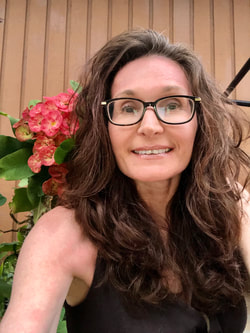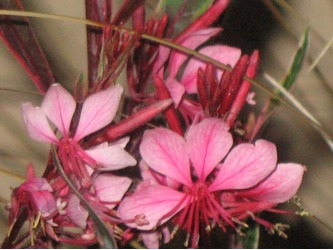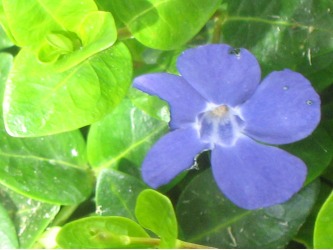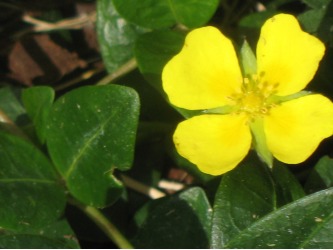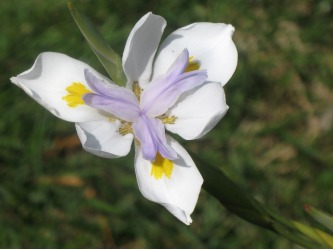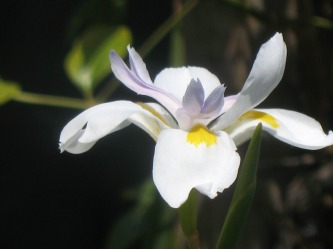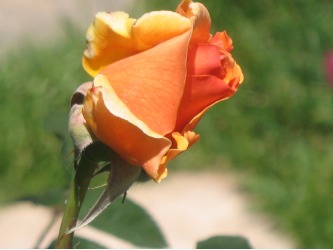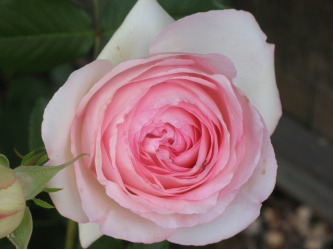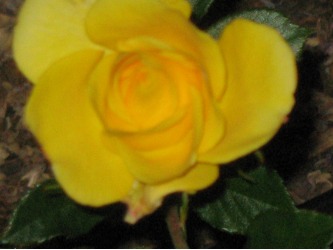|
The Atlantic publishes good article summarizing John Gottman's research suggesting that kindness is a as key factor in successful relationships. Check it out!
0 Comments
In every interaction we have with our partner there is the opportunity to heal. I guess that is truly what love is, a dynamic powerful healing agent. We, especially partners, are deeply connected and attached to each other. Science tells us that the way we communicate can impact each other's brains, for good or for ill. I guess we can build each other up or tear one another down. I image just like me, you too desire to do good. In this video, we get some tools for creating and maintaining love and secure attachment. The 4 Mantras: 1. Darling, I am here for you. 2. Darling, I know you are there. 3. Darling, I know you suffer and that is why I am here for you. 4. Darling, I suffer. I do my best to practice. Please help. Listen to this great video for a deeper understanding and advice on how to love. “Nothing can be more important than being able to choose the way we think.” -EKNATH EASWARAN
“The secret of meditation is simple: you become what you meditate on. When you use an inspirational passage every day in meditation, you are driving the words deep into your consciousness. Eventually they become an integral part of your personality, which means they will find constant expression in what you do, what you say, and what you think.” – Eknath Easwaran
"Whatever is true, whatever is right, whatever is bound to be excellent, let your mind dwell on these things."- The Bible I am in a place in my life now (I have hit the over 50 mark) were I realize that life is short and I really want my attitude, actions, and reactions to bring about good in the world, both personally and professionally. Over the past 12 years, I have had a mother who died at 62, two friends die at 52, and a more distant relative die at 38. In addition, in the past few years I have seen several women I know undergo breast cancer treatment. As a result, it is important for me to have a purpose-driven life and a life-enhancing existence. Well. I have been pretty consistent and the overall experience has been good. I am realizing that it is important to set aside a regular time for this practice or the day goes by and then it is gone and then it is bed time and you realize you forgot to mediate. Whoops! Consequently, I have had to remind myself that this is an experiment not a competition. And as with yoga, I remind myself to be gentle on myself.
What have I learned or experienced? I guess the biggest thing I have noticed as a result of this practice is that I am more aware of my automatic responses or thoughts to things and how easy it is to judge things and get caught up in negativity. As a result, I have been able to catch myself, reassess my response, and correct it before it gets going in the wrong direction. It has been interesting for me to see how easy it is to automatically assign attributions to objective data or interpretations to feeling tones that come up in the body without slowing down and thinking things through. Reflecting upon this experience, I think, if we slow things down we have better control of how we think, feel, respond, and what we create in our universe. We have a deeper and more profound ability to choose to do good rather than harm. According to Rick Hansen in Buddha's Brain: The Practical Neuroscience of Happiness, Love, and Wisdom, this is the beginning of virtue. “By virtue of being human, each of us has the capacity to choose, to change, to grow.” And to thrive, may I add! “The secret of meditation is simple: you become what you meditate on. When you use an inspirational passage every day in meditation, you are driving the words deep into your consciousness. Eventually they become an integral part of your personality, which means they will find constant expression in what you do, what you say, and what you think.” – Eknath Easwaran After having such a nice response to my first attempts at mediation, I thought it would be a breeze. Well, not so much as day 2-5 have been filled with avoidance. I found myself doing everything under the sun but meditating. I really had to force myself to do it daily. Just like anything else new, I am learning, meditation takes practice and discipline. It is a skill, which needs to be developed. Remember learning to write the alphabet in kindergarten or first grade or practicing riding a bike? Those things did not come easily at first and sometimes we avoided the practice. As kids, we did not think of these things as cultivating a skill but really, that is what we were doing. It was work but we did not know it. "Meditation is the cultivation of skillful qualities of mind, particularly mindfulness, effort, and concentration. Mindfulness is the presence of mind or attentiveness to the present without drifting away from the experience." --From The Beginner's Guide to Insight Meditation by Arinna Weismann and Jean Smith, 2010.
I have been doing a bit of reading on mindfulness and mediation lately. My husband has studied, practiced, and taught it for years. He takes his information from many sources and traditions and primarily teaches it to the church. For years, I always looked at him as super discipline and thought, "Oh. It is not in my nature to meditate." Now, however, I have decided I am up to the challenge of trying to meditate. I just finished a 30-day Birkam yoga challenge. I made 26 out of 30 days, which is good for me! If I can do that I can meditate 20 minutes a day for 30 days. I am going to write about my experience. I recommend mediation and mindfulness to my clients and have only dabbled in it a bit. I think it is about time I take this very good for you practice seriously for myself because mindfulness changes the brain. I am going to practice something very simple called passage meditation recommended to me by my husband and can be practice regardless of one's faith tradition. It is mantra based. I am using it because I like the idea of saying a word or passage that has meaning. It is a little like TM, which has been researched and found effective. As well, I have used this style in the past when I was trying to meditate. It is recommended in the book "Anticancer, A New Way of Life" by David, Servan-Schreiber, MD, Ph.D. He recommends the Buddhist mantra, "Om mani padme hum", which means the jewel in the lotus of the heart. I like this one because of the way it sounds and feels to me. I can sing it as well and hear the overtones in my head. I will probably use this one although there are plenty to chose from. The web site "Timeless Wisdom for Daily Living" has a good list of them. |
Evelyn Schmechtig CochranCategories
All
Archives
February 2024
|
